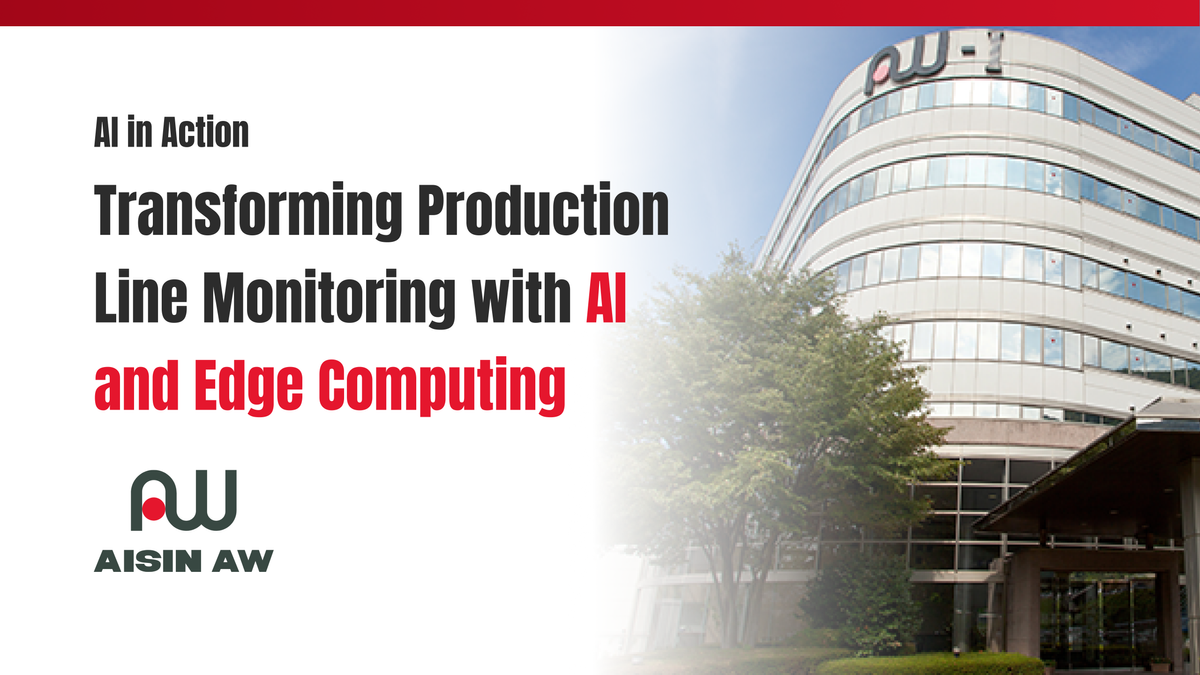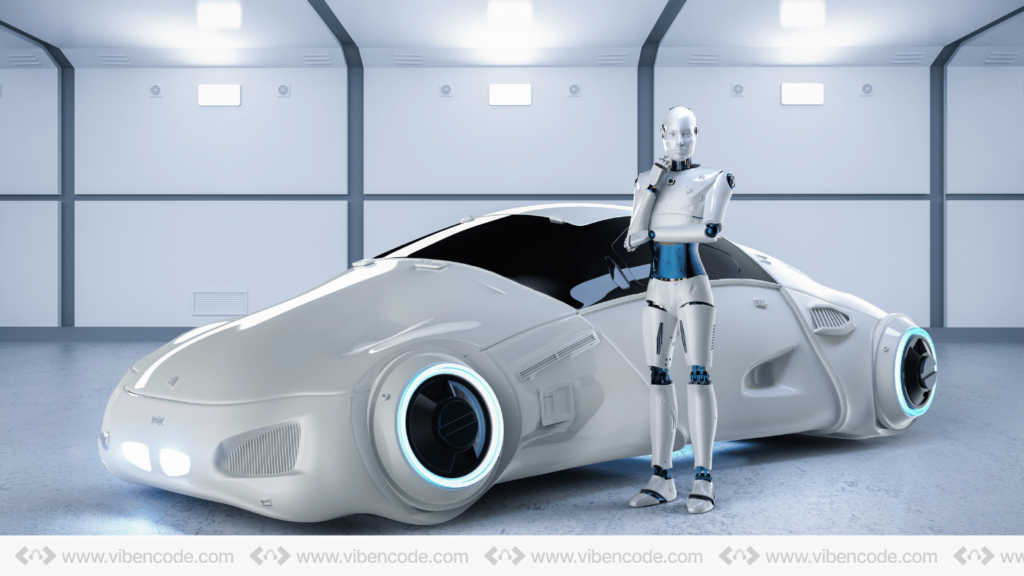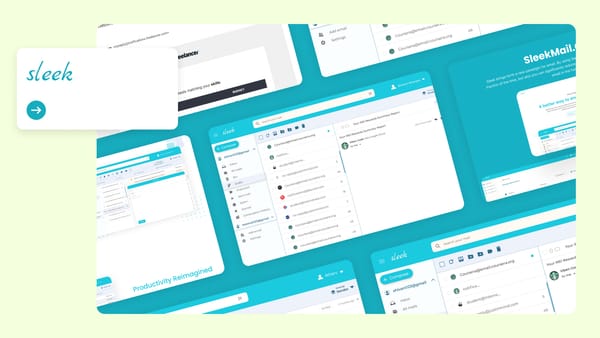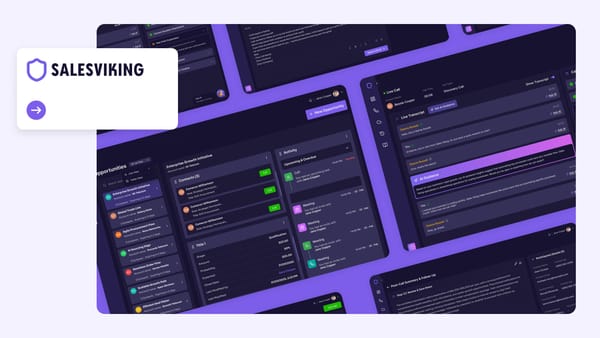AI in Automobile: Transforming Production Line Monitoring and Edge Computing

AI in Automobile- Introduction
In recent years, integrating Artificial Intelligence (AI) into industrial operations has revolutionized various facets across multiple sectors. One compelling example of AI in Automobile industry comes from AISIN AW Co., Ltd., a company dedicated to high-quality manufacturing, which implemented AI to enhance its production line monitoring systems.
AISIN Corporation, founded in 1965 as a subsidiary of Toyota Motor Corporation, has grown into one of the world's leading suppliers of automotive components and systems. The company's relentless pursuit of innovation, quality, and sustainability has propelled it to the forefront of the industry, offering a diverse product range that includes transmission systems, engine components, and brake systems.
Embracing AI-driven solutions and leveraging cutting-edge technologies can propel your operations into a new era of precision and productivity. Learn how this shift impacts the bottom line and how you can implement similar strategies for unparalleled growth and innovation.
This case study delves into how AI in automobiles and edge computing boosted their productivity, reduced human workload, and minimized downtime, ultimately driving significant business value.

Understanding the Problem: Production Line Monitoring Challenges
AISIN AW Co., Ltd., a leader in automatic transmissions for vehicles, operates five production facilities in Japan and seven overseas. With approximately 20,000 pieces of production equipment across these lines, the company faced several challenges:
- Manual Inspection: Traditionally, human operators were responsible for monitoring production equipment, identifying abnormalities, and maintaining optimal functioning.
- Inefficiency: This manual process was time-consuming and susceptible to human error, impacting overall productivity.
- Downtime: Identifying and rectifying equipment issues swiftly was critical. Extended downtime could lead to substantial financial losses.
The Solution: AI-Driven Status Monitoring System
In 2016, AISIN AW’s Production System Innovation Group initiated a project to enhance its operations using digital technology. The primary goal was to develop a state-of-the-art AI in automobile production system capable of automating and visualizing status monitoring, ultimately reducing manual efforts and improving productivity. Here is a breakdown of how the company achieved this by using AI in the automobile industry.
Analyzing Data with Edge and Cloud Computing
AISIN AW utilized a dual approach, combining both edge and cloud computing, to build an efficient status-monitoring platform. This involved:
- Data Accumulation: Large volumes of data were collected from various production equipment.
- Machine Learning Models: Data was processed and analyzed to create learning models in the cloud environment. These models were then distributed to edge devices installed on the production equipment.
Partners and Technology Stack
To execute this ambitious project, AISIN AW partnered with Brains Technology, Inc., leveraging their expertise in data analysis and machine learning. Key technologies included:
- AWS IoT, AWS Lambda, DynamoDB: These cloud-based services formed the core of the data processing and analysis infrastructure.
- AWS Batch: Used for creating learning models from the accumulated data.
- AWS Greengrass: Enabled local data processing and abnormality detection at the edge device level.
Initial Implementation and Roll-Out
The project started with a machine learning platform developed in an on-premises environment for proof-of-concept tests. After validating the approach, they built a full-scale cloud-based analysis platform, integrating Brains Technology’s Impulse, a large-scale, real-time data analysis tool. Full-scale deployment began in June 2018, with real-world application on a domestic mass production line by August 2018.
Overcoming Challenges with AI in Automobile
Deploying such a cutting-edge solution presented several challenges:
- Adaptability: Ensuring the AI models were flexible enough to handle diverse equipment and processes across production lines.
- User Acceptance: Convincing frontline workers to trust and utilize AI-detected information for timely action was crucial for the solution’s success.
- Scalability: Developing models that could be uniformly managed and rolled out across all facilities without complex redesign.
Results and Business Impact
The new AI-driven status monitoring system quickly demonstrated its value:
- Reduced Downtime: Within two weeks of going live, the system detected abnormal conditions, preventing extended downtime and resulting in significant cost savings.
- Efficiency Gains: Automation of status monitoring tasks freed up human resources to focus on more critical activities.
- Scalable and Faster Model Development: Transitioning to the cloud reduced model creation time from a month to one or two days, allowing quicker roll-out across multiple lines and facilities.
Industry Implications and Future Prospects
The manufacturing industry constantly seeks to enhance efficiency, quality, and productivity. Integrating AI into production systems addresses several pervasive challenges:
- Proactive Maintenance: AI in automobiles can predict potential equipment failures, enabling preemptive maintenance and reducing unplanned downtime.
- Quality Control: Machine learning algorithms continuously monitor production processes, ensuring consistent quality and reducing defects.
- Optimal Resource Allocation: Intelligent systems can analyze data to optimize resource use, improving overall operational efficiency.
The Benefits of Partnering with Vibencode
Witness the extraordinary synergy of Vibencode’s unmatched expertise and groundbreaking transformative solutions. Our mastery in artificial intelligence and generative AI offers unparalleled insights into crafting and deploying state-of-the-art technologies meticulously tailored to fulfil diverse industrial demands.
By collaborating with preeminent industry leaders, we harness the formidable might of AI to propel business value, enhance operational efficiency, and secure an enduring competitive edge.
Manufacturing companies with a vision for the future must see AI-driven solutions not merely as an option, but as an imperative. The triumphant initiative of AISIN AW highlights the transformative power of AI, revolutionizing production lines and establishing a new standard for the industry to admire and aspire to.





